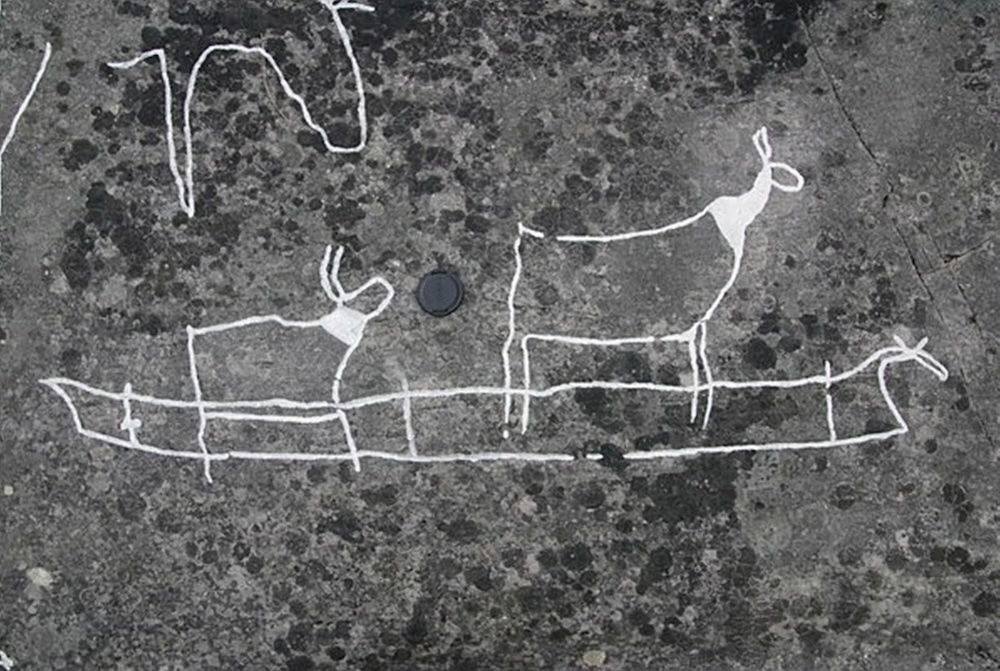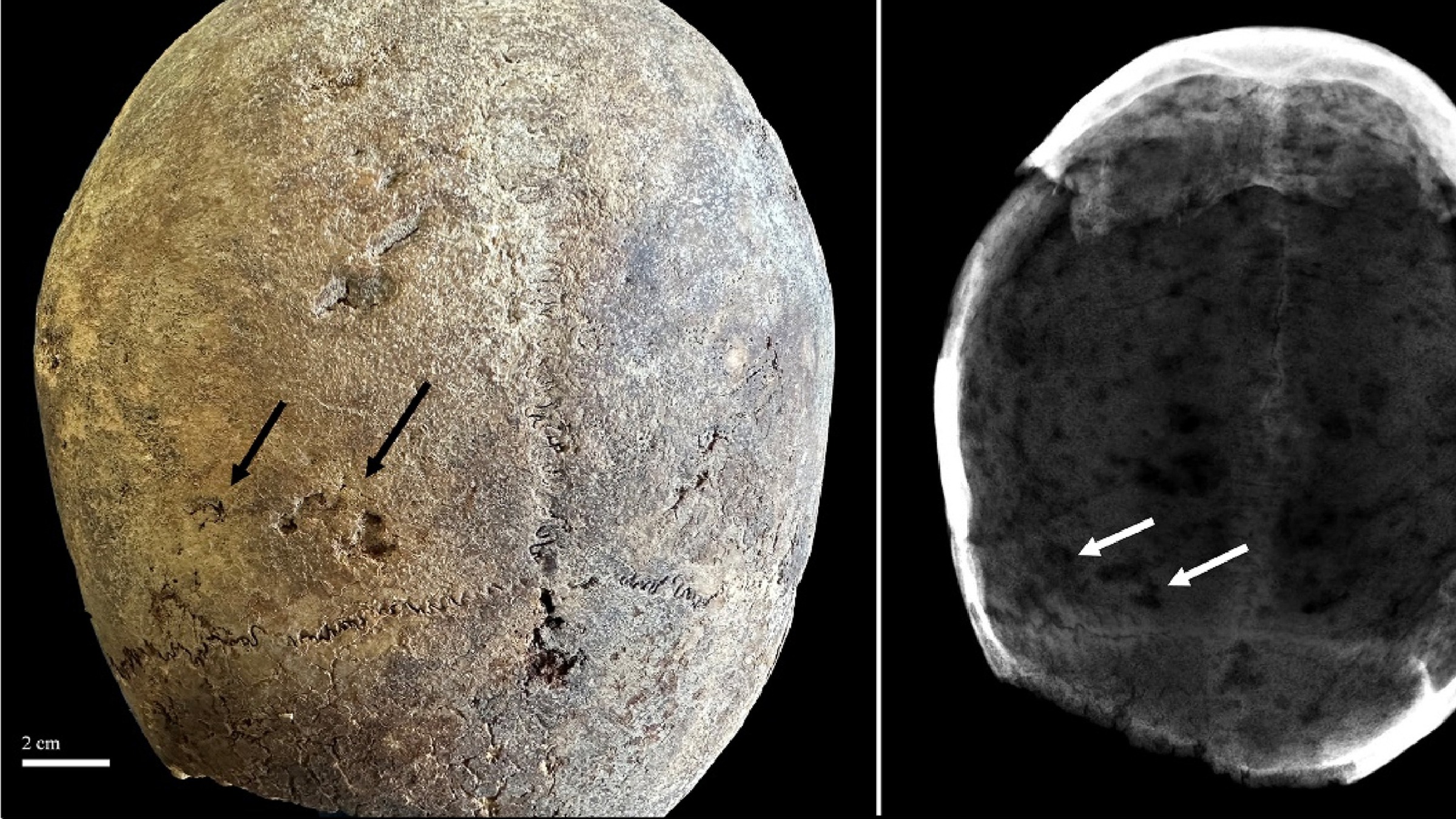IJERPH, Vol. 20, Pages 3202: Adverse Childhood Experiences and Adolescent Delinquency: A Theoretically Informed Investigation of Mediators during Middle Childhood
International Journal of Environmental Research and Public Health doi: 10.3390/ijerph20043202
Authors: Dylan B. Jackson Melissa S. Jones Daniel C. Semenza Alexander Testa
Objective: The purposes of this study are twofold. First, we explore the associations between cumulative ACEs at ages 5 and 7 and delinquency at age 14 in a national sample of youth in the United Kingdom (UK). Second, we explore the role of five theoretically relevant mediators in explaining this relationship. Methods: Analyses were based on data from the UK Millennium Cohort Study—a prospective, longitudinal birth-cohort study of more than 18,000 individuals in the United Kingdom. Results: The results indicate that early ACEs are significantly associated with adolescent delinquency, with effects becoming significantly larger as ACEs accumulate. Findings also reveal that child property delinquency, substance use, low self-control, unstructured socializing, and parent–child attachment at age 11 all significantly mediate the relationship between early ACEs and delinquency in adolescence, with early delinquency and low self-control emerging as the most robust mediators. Conclusions: Findings point to a need for early ACEs screening and a Trauma-Informed Health Care (TIC) approach in early delinquency prevention efforts. Early intervention efforts that bolster child self-control and curtail early-onset problem behaviors may also disrupt pathways from ACEs to adolescent delinquency.

 1 year ago
39
1 year ago
39


